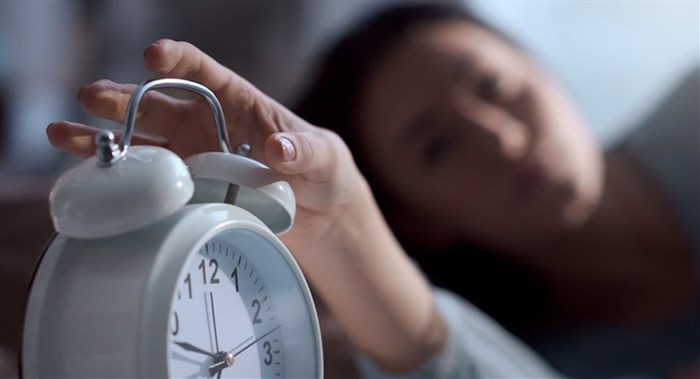In 1910, most people slept nine hours a night, but today the average adult sleeps fewer than seven hours a night, and over one-third of adults report severe daytime sleepiness that interferes with work, driving, and social functioning for at least a few days each month.
Children and adolescents also report a shorter than recommended sleep pattern due to increased exposure to electronic media and stress, which can harm their health, behaviour, and development. Many common sleep disorders – which often go unrecognised and untreated – are caused by a lack of quality sleep. These include insomnia, sleep apnea, restless legs syndrome, narcolepsy, and parasomnias.
Sleep is essential for good health.
It helps the brain form pathways necessary
for learning and creating memories and new insights.
Sleep is essential for good health. It helps the brain form pathways necessary for learning and creating memories and new insights. Without enough sleep, one can't focus, pay attention or respond quickly, and a chronic lack of sleep increases the risk of obesity, diabetes, cardiovascular disease, and infections. Good sleep improves brain performance, mood, and health, while inadequate sleep raises the risk of many chronic diseases and disorders.
Some practical tips to get a better night's sleep:
- Stick to a sleep schedule. Make it a habit to go to bed and wake up at the same time each day. Sleeping later on weekends won't fully compensate for lack of sleep during the week, making it harder to wake up early on Monday morning. Aim for the clinically recommended 7 to 8 hours of sleep a night.
- Get some exercise every day. Try exercising at least 30 minutes on most days but not later than 2 to 3 hours before bedtime.
- Relax before bed. Don't overschedule your day so that no time is left for unwinding. A relaxing activity should be part of your bedtime ritual.
- Take a hot bath before bed. The drop in body temperature after getting out of the bath may help you feel sleepy, and the bath can help you relax and slow down, so you are more ready to sleep.
- Spend some time outside. Daylight is vital to regulating daily sleep patterns. Try to get out in natural sunlight for at least 30 minutes daily. Try to wake up at sunrise or use bright morning lights. Sleep experts recommend that if you have problems falling asleep, you should get an hour of exposure to morning sunlight and turn down the lights before bedtime.
- Avoid nicotine and caffeine. A late coffee is probably not a good idea. Coffee, colas, teas, and chocolate contain caffeine, which can take eight hours to wear off fully, making it difficult to fall asleep at night. Nicotine is also a stimulant, causing smokers to sleep only lightly and wake up too early due to nicotine withdrawal.
- Don't take naps after mid-afternoon. Naps can help compensate for lost sleep, but late afternoon naps can make it harder to fall asleep at night.
- Avoid alcohol before bedtime. Having a 'nightcap' or alcoholic beverage before sleep may help you relax, but heavy use robs you of deep and REM sleep, leading to impaired breathing and waking up in the middle of the night when the effects of the alcohol have worn off.
- Avoid large meals before bedtime. A light snack is okay, but a large meal can cause indigestion, interfering with sleep. Drinking too many fluids at night can cause frequent awakenings to urinate.
- Create a good sleeping environment. A comfortable mattress and pillow can help promote a good night's sleep. Avoid noises, bright lights and warm temperatures, and turn the clock's face out of view, so you don't worry about the time while trying to fall asleep.
- Don't lie in bed awake. If you are awake after staying in bed for more than 20 minutes or starting to feel anxious or worried, get up and do some relaxing activity until you feel sleepy. The anxiety of not being able to sleep can make it harder to fall asleep.
Consult your healthcare provider if nothing you try helps.
You may have a sleep disorder if you consistently find it difficult to fall, stay asleep, feel tired, or not be well-rested during the day despite spending enough time in bed at night. Your family doctor or a sleep specialist should be able to help you, and it is essential to rule out other health or psychiatric problems that may be disturbing your sleep. Medshield Medical Scheme has benefit options that cover CPAP Apparatus for Sleep Apnoea and sleep studies for members who are struggling to get the rest they need.
Source: National Institutes of Health, US Health & Human Services Department
































